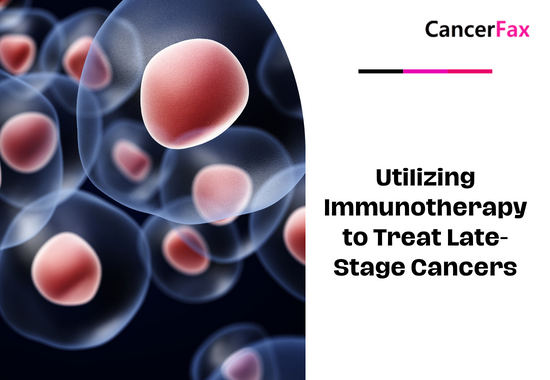According to the latest clinical data, a single pre-genome test is more effective for Lynch syndrome in patients with colorectal cancer (CRC) than traditional multiple sequential testing methods. The researchers say that providing such advanced genetic testing at the time of diagnosis can help guide and speed up treatment decisions for many CRC patients, and at the same time confirm the diagnosis of patients who may have Lynch syndrome (prone to cancer). When a mutation occurs in one of the DNA repair genes of a person, a carcinogenic situation occurs. People with Lynch syndrome are more likely to suffer from CRC, uterine cancer, ovarian cancer, stomach cancer, or other cancers than the general population.
For this study, the researchers wanted to know whether a single test to screen multiple mutations for early-stage tumor sequencing can replace the multiple detection methods currently used to determine whether patients have Lynch syndrome. To this end, the researchers analyzed tumor samples from 419 CRC patients. All study participants analyzed tumor samples using the traditional multiple test genetic test method and a single pre-genome tumor sequencing test. Among them, a single tumor sample analyzed multiple mutation.
The researchers compared the results of the two screening methods and found that the earlier tumor sequencing method is more sensitive than the old multiple detection model and can more specifically detect Lynch syndrome. Pre-stage tumor sequencing has increased the detection rate of Lynch syndrome by 10%, and also provided patients with important information about treatment options.
Past testing methods will only indicate suspicion of Lynch syndrome, but without multiple additional tests, the diagnosis cannot be confirmed, which will slow down the diagnosis process and increase costs. This new method points out the exact mutation at birth of the patient, and only requires a single test, using blood testing, which is cheaper than a multi-gene test kit. Previous methods sometimes required patients to perform five separate tests before knowing if they had Lynch syndrome.
This new method can greatly reduce cost-effectiveness, can accurately determine the test results, and can prevent many high-risk patients from progressing to cancer.

